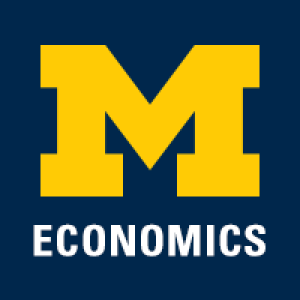Economic Development: Promoting the takeup of preventive health interventions with alternative incentive strategies: evidence from two randomized controlled trials in Kenya
Harsha Thirumurthy, University of North Carolina
Abstract:
Despite the widespread availability of interventions that significantly reduce the risk of acquiring communicable and non-communicable diseases, low uptake of such interventions remains a challenge in both low and high-income countries. Although the use of financial incentives has been promoted as a promising approach to behavior modification, few studies have directly compared two commonly-used approaches—fixed incentive amounts and lottery-based incentives. This paper reports results from two randomized controlled trials in Kenya that tested whether alternative amounts and types of incentives promote takeup of medical male circumcision, an intervention that can reduces HIV acquisition by nearly 60 percent. Providing a fixed incentive generated a nearly 5-fold increase in circumcision uptake, and such incentives were most effective in nudging those contemplating going for circumcision. Lottery-based incentives did not have a significant impact on behavior. The results suggest that fixed incentives worth US$8-$15 are highly cost-effective.
Despite the widespread availability of interventions that significantly reduce the risk of acquiring communicable and non-communicable diseases, low uptake of such interventions remains a challenge in both low and high-income countries. Although the use of financial incentives has been promoted as a promising approach to behavior modification, few studies have directly compared two commonly-used approaches—fixed incentive amounts and lottery-based incentives. This paper reports results from two randomized controlled trials in Kenya that tested whether alternative amounts and types of incentives promote takeup of medical male circumcision, an intervention that can reduces HIV acquisition by nearly 60 percent. Providing a fixed incentive generated a nearly 5-fold increase in circumcision uptake, and such incentives were most effective in nudging those contemplating going for circumcision. Lottery-based incentives did not have a significant impact on behavior. The results suggest that fixed incentives worth US$8-$15 are highly cost-effective.
| Building: | Weill Hall (Ford School) |
|---|---|
| Website: | |
| Event Type: | Workshop / Seminar |
| Tags: | Economics, seminar |
| Source: | Happening @ Michigan from Economic Development Seminar, Department of Economics, Department of Economics Seminars |


